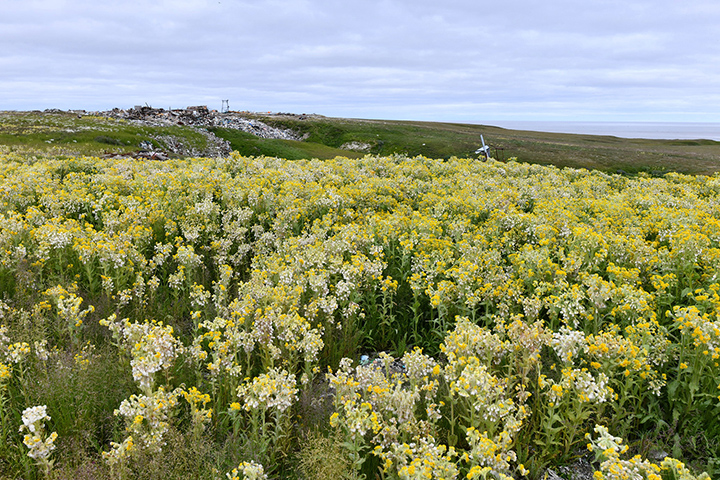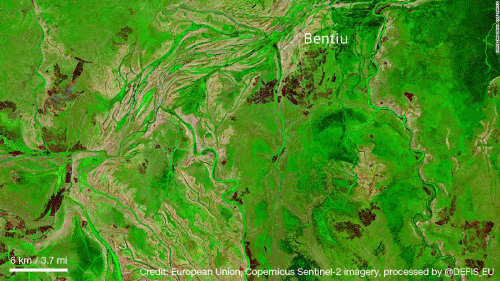How climate scientists feel about seeing their dire predictions come true – “I used to think, ‘I’m concerned for my children and grandchildren.’ Now it’s to the point where I’m concerned about myself.”

By Corinne Purtill
18 August 2023
(Los Angeles Times) – You are correct. It is, in fact, extremely unusual to be on hurricane watch in Southern California.
If Hurricane Hilary continues on the trajectory forecasters are currently predicting, it will be the first tropical storm to make landfall in California since 1939, and only the second one to do so since the 19th century.
If this seems like a worrying development to you, one in a string of recent climate-related disasters that seem to portend the arrival of a deeply unpleasant future, you are right about that as well.
And the people who have spent careers thinking about climate change and its likely consequences, who have read the papers and reviewed the models and warned about these potential catastrophes for years — they’re worried too.

It’s been 35 years since an explicit reference to climate change first appeared on the front page of a U.S. newspaper, after James Hansen, then director of NASA’s Institute for Space Studies, testified before the Senate that “the greenhouse effect has been detected, and it is changing our climate now.”
In the decades since, the effects of climate change have loomed ominously in the distance like the due date of an unpayable mortgage.
But 35 years is enough time for a mortgage to come due, for children to grow up and have children of their own, and for the long-feared consequences of a warming world to become reality.
For climate scientists, it doesn’t feel good to be proved right.
“I used to think, ‘I’m concerned for my children and grandchildren.’ Now it’s to the point where I’m concerned about myself,” said Mike Flannigan, a professor of wildland fire at Thompson Rivers University in Edmonton, Canada.
The Times spoke with several researchers and climate experts about how the recent string of record-breaking, precedent-setting events feel to them. Their comments have been lightly edited for clarity.

“There’s just too much”
Daniel Swain is a UCLA climate scientist who studies how climate change affects extreme weather events.
This seemingly constant onslaught of extremes, unprecedented weather and climate events — yes, it is different.
Yes, extreme weather disasters happened previously. But we really are seeing a pretty dramatic escalation. It’s gotten less coverage, but the majority of the population of the northwest territories of Canada were evacuated last night [Wednesday] because all of the major settlements are threatened by separate fires. All of them.
It’s an example of how there is now so much going on that it is difficult even to digest it all. There’s just too much. It’s everything everywhere all at once when it comes to extreme climate events this year. [more]
How climate scientists feel about seeing their dire predictions come true

